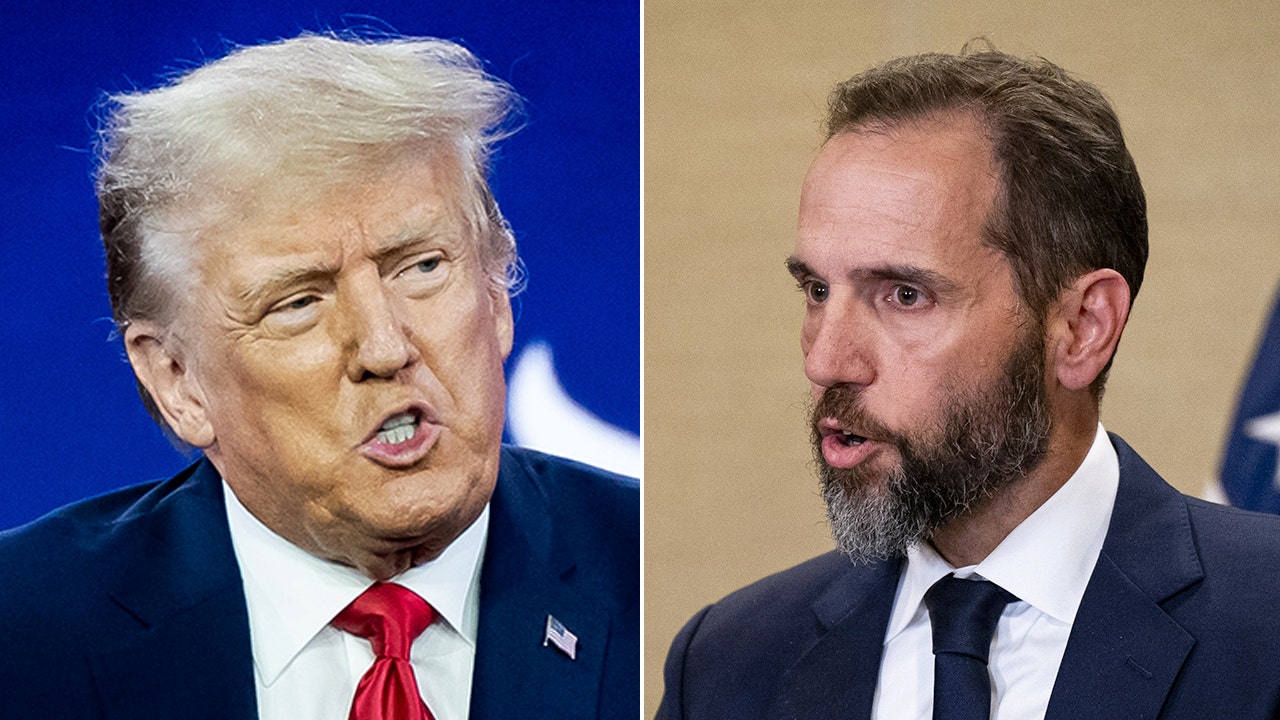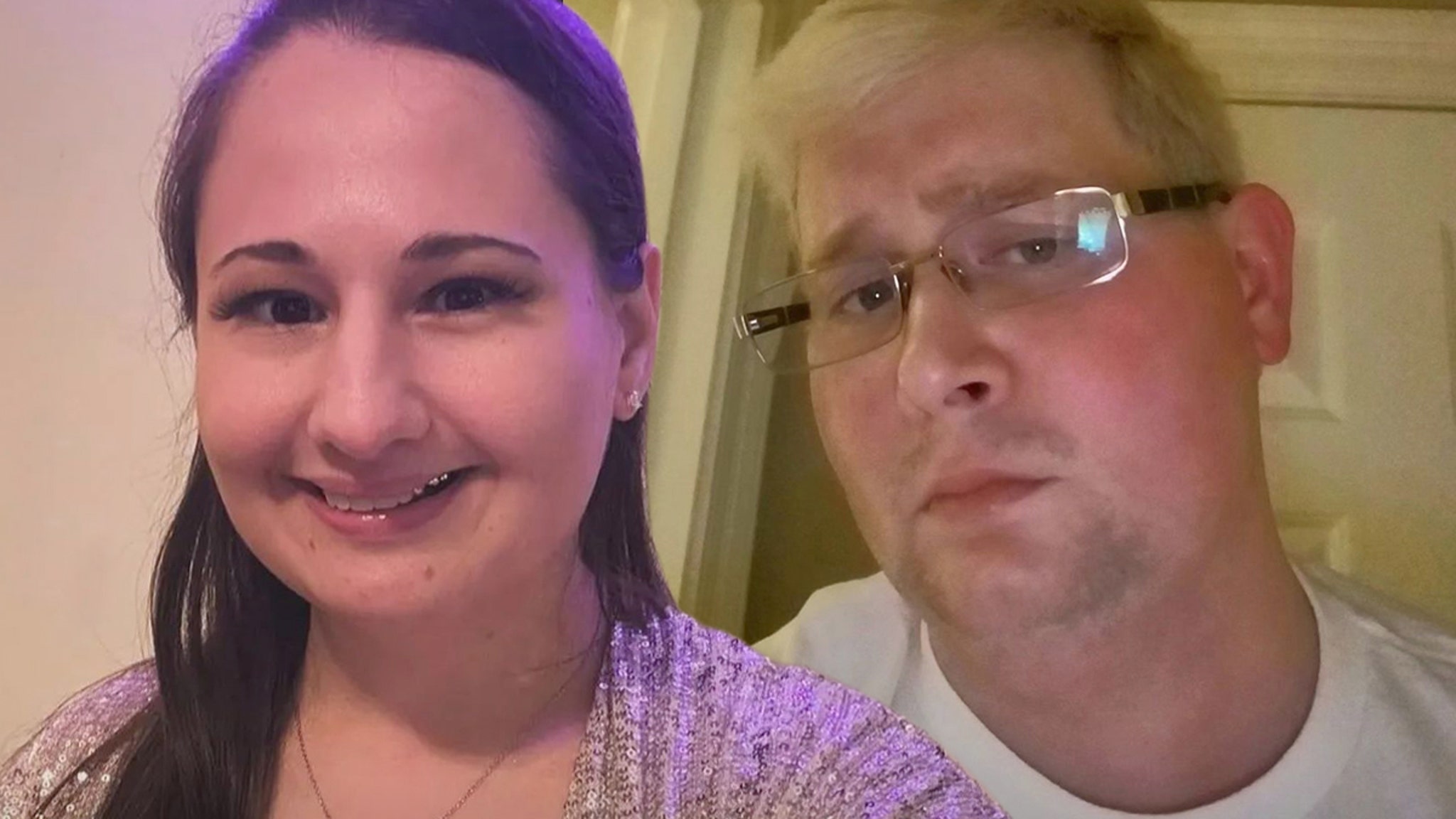Ads by AdZippy
Puig’s upcoming IPO is set to be glamorous.
The company, which owns perfume and beauty brands like Paco Rabanne, Charlotte Tilbury and Byredo, will go public in Spain’s largest listing in nearly a decade. It’s also Europe’s most prominent IPO this year, expected to fetch a €14 billion ($15 billion) valuation.
The Barcelona-based family-run beauty empire has embraced a path similar to L’Oreal and LVMH’s. However, it plans to preserve its 110-year legacy very differently—by not passing control of the business on to the next generation.
At the company’s helm is Marc Puig, who belongs to the founding family’s third generation. He’s been the company’s CEO for 20 years and chair since 2007.
A Harvard-educated businessman, Puig has a less common view among those belonging to Europe’s prominent business empires. Succession within family-run companies is a big deal, given that billions of dollars and a rich legacy are at stake when a business is passed on from one generation to the next.
Puig instead plans to avoid any friction entirely. It’s not easy running a business with family members—as Puig puts it, it requires “hierarchy and meritocracy.” Members born into the Puig family won’t automatically get a seat at the table.
“Difficulties can arise, especially in the transition between generations—the search for leadership, a lack of understanding, a loss of passion,” he told the Financial Times in an interview last year.
The Spanish CEO’s solution? “Self-disempowerment,” he says. At Puig, that means having a higher number of non-family members than those from the family in different departments like operations and compensation, he told the outlet in 2021. He’s also deliberately put “difficult filters” in place, so even family members will have a high bar to qualify for positions.
To that end, three members of the Puig family left its board last month and their roles were filled by independent directors.
For now, the company only has two members of the Puig family, both of whom are in their 60s. The board of 13 members has two Puigs—in contrast with companies like LVMH, where all but one member of the next generation of Arnaults is on the board.
“Sometimes family businesses can lose their position in the market. They can start to die slowly and nobody inside the company is aware of it,” Puig said, adding that accountability to investors will ensure the family business doesn’t crumble from within.
In the IPO launching Friday, the Puigs are selling €1.36 billion worth of shares, but will retain its nearly 72% stake in the business and 92.5% voting rights, the FT reported. Puig shares were oversubscribed several times—a sign of strong interest among investors in the lead-up to its trading.
Puigs’ path
When Antonio Puig launched his import business in 1914, it was never meant to be a cosmetics company. But it closed down after a tragic sinking of one of the company’s vessels during World War I. Antonio pivoted to ship perfumes and eventually make them.
When the second-generation Puigs, Antonio and Mariano, took over, the Spanish company expanded to overseas markets like the U.K. and the U.S. Under the third generation, led by Marc and Manual, Puig acquired a suite of companies to bulk up its portfolio of high-end brands, marking the beginning of Puig as we know it today.
Timing is key
Beauty brands have been flourishing lately.
Puig owns premium perfume, makeup and apparel brands, which compete with a slew of European luxury brands. Within these companies, the performance of the beauty segments has stood out. Take LVMH, for instance. Sephora, the beauty retail chain it owns, had its best-ever year in 2023 as people splurged on premium makeup items.
France’s L’Oreal, the world’s biggest beauty company, has also benefited from shoppers spending more on its Maybelline mascaras and Garnier serums.
Still, it can be hard to predict how new listings in the consumer retail realm are received. For instance, Swiss skincare company Garderma’s shares surged following its $2.56 billion IPO in March, while German beauty retailer Douglas’s listing didn’t perform as well.

 2 weeks ago
11
2 weeks ago
11










 English (US)
English (US)